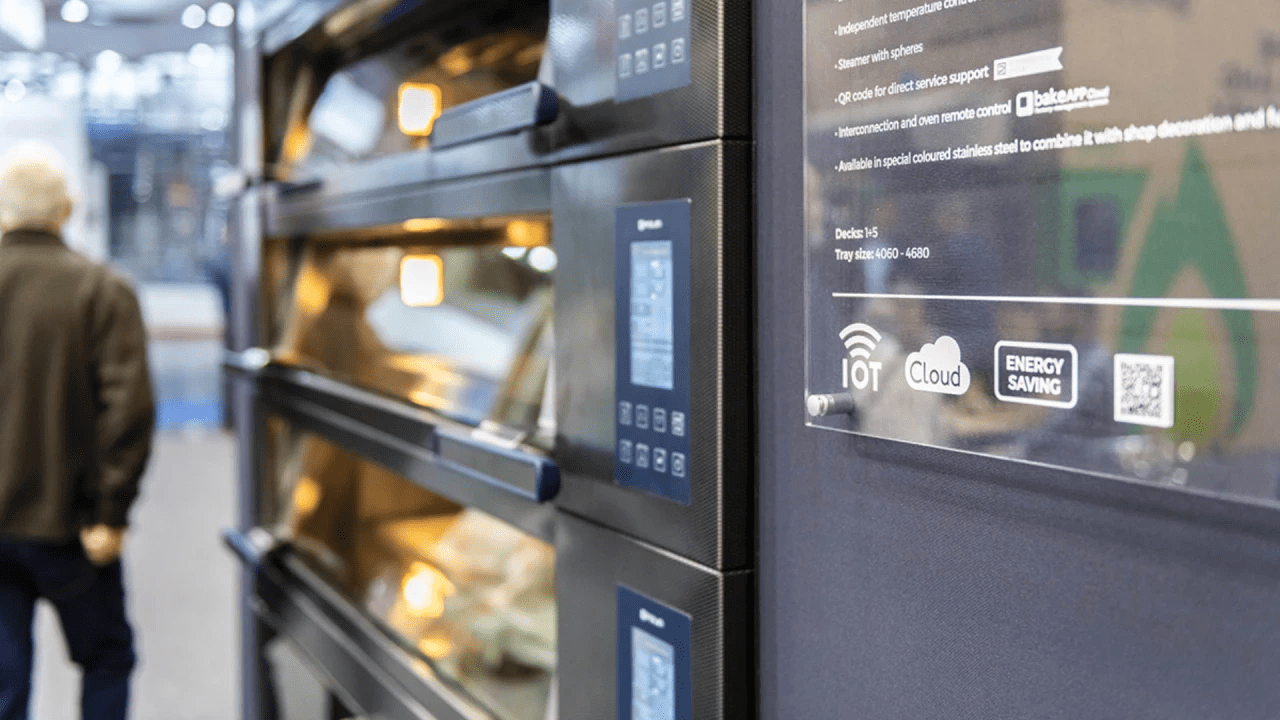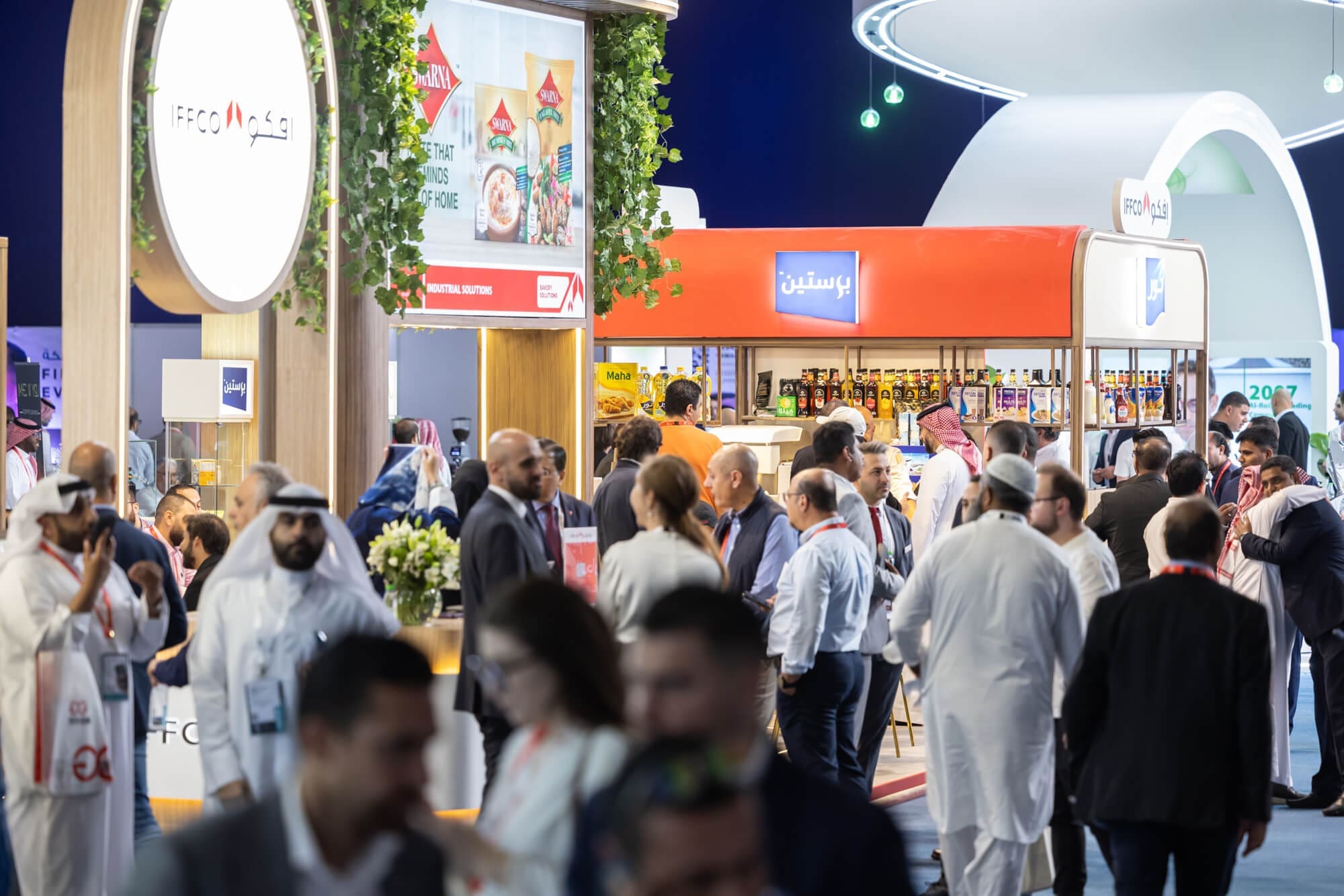Agriculture and rural life in Kurdistan have gone through several changes in the past few decades. The region is characterized by steady population growth and urbanization putting pressure on water resources which also poses a challenge to maintaining food security and production.
The Kurdistan region is highly dependent on imports with food comprising about 50% of the region’s total imports. However, agriculture can once again become a vital part of the Kurdistan economy, a region that was once called the “breadbasket of Iraq”.
With a key focus on developing a sustainable agriculture sector and an improved water management system, the government has outlined numerous projects that are available for local and international investors to boost the agricultural sector in hopes of reaching economic self-sufficiency in the next five years.
The Kurdistan Regional Government seeks to develop infrastructure for the agriculture industry through working with private companies or exploring public-private partnerships to construct cold storage facilities and silos in agricultural regions.
The availability of water in the region is crucial to foster the development of the agricultural sector. By introducing innovative approaches to overcome water scarcity in the region, investors can contribute to sustainable growth in the agricultural sector.
Moreover, additional investment is needed in the infrastructure of agriculture to help enhance Kurdistan’s physical, technical, and personnel requirements to be able to boost agriculture production per capita in the region.
The Kurdistan Board of Investment statistics indicate that 30 agricultural investment projects have been executed in the Kurdistan Region of Iraq from 2006 to 2019. The projects amount to a total of $834.1 million. Agriculture projects in the Erbil Governorate have received the largest amount of allocated land compared to Slemani and Duhok.
Keeping up with the region’s rising demand, Iraq Agro-Food, the International Trade Exhibition for Agriculture, Food, Food Processing & Packaging, returns for its 11th edition from 21 to 24 September 2020 at the Erbil International Fair Ground.
The exhibition will highlight key investment opportunities in the agriculture and food sectors and will bring together prominent suppliers and buyers to stimulate trade relations and establish new partnerships.
Iraq Agrofood will be held alongside “Project Iraq”, the 11th International Trade Exhibition for Building Materials, Construction Equipment, and Environmental Technology and “Erbil International Fair”, the 14th International Multi-Sector Trade Fair.
For more information about Iraq Agrofood, visit www.iraqagrofood.com




